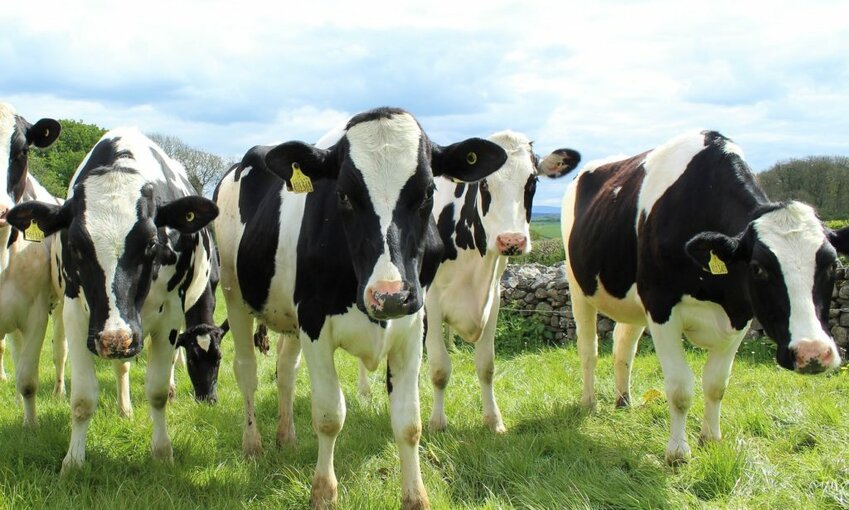 (Photo Credit: Cally Lawson, Pixabay)
(Photo Credit: Cally Lawson, Pixabay)General Mills started a new three-year regenerative dairy pilot in western Michigan this week. The global food company says the effort is part of its broader goal of advancing regenerative agriculture on 1 million acres of farmland by 2030.
The company, whose brands include Yoplait, Liberté, and Mountain High yogurt products, calls western Michigan a key sourcing region for their fluid milk supply.
“As an industry, dairy farms have been especially hard hit in recent months and their resiliency is being tested,” said Doug Martin, president of the General Mills US yogurt business. From the company’s vantage point, regenerative agriculture strengthens farmer resilience to better withstand societal, financial, and environmental pressures.
Since making the regenerative agriculture commitment last year, General Mills has undertaken two pilot initiatives. In March 2019, the company launched a regenerative oat pilot with farmers in North Dakota, Saskatchewan, and Manitoba. A wheat pilot began in central Kansas earlier this year. The new pilot in Michigan is the first one for the company’s dairy ingredient supply.
The three dairy farms participating manage more than 14,000 acres in total, according to General Mills. The company selected these farms due to their proximity to the dairy manufacturing facility in Reed City, Michigan, which makes Yoplait products.
Consultants Understanding Ag and the dairy cooperative Foremost Farms are working on the pilot with General Mills. Understanding Ag consultants plan to meet with each dairy farmer at the beginning to help develop and implement custom regenerative management plans for a portion of the farmer’s operation. During the pilot, the partners will monitor data and measure the effects on soil, biodiversity, water, animal wellbeing, and farm profitability.
“In order for regenerative agriculture to be successful, it must first be economically viable for farmers as a lever to help build operational and financial resilience,” said Mary Jane Melendez, chief sustainability and social impact officer at General Mills.